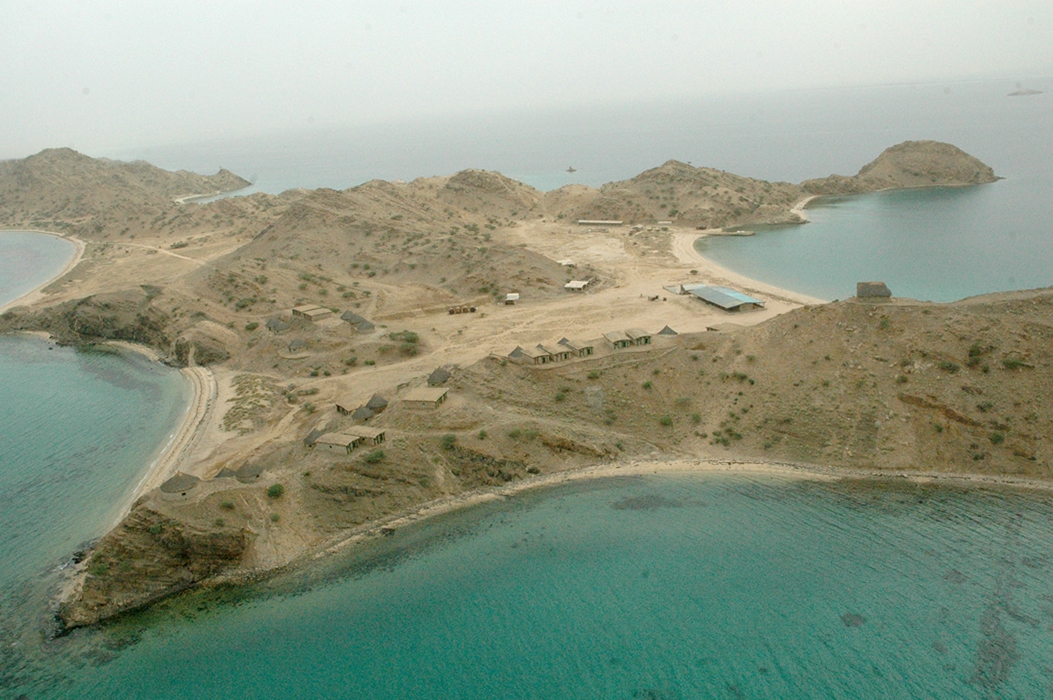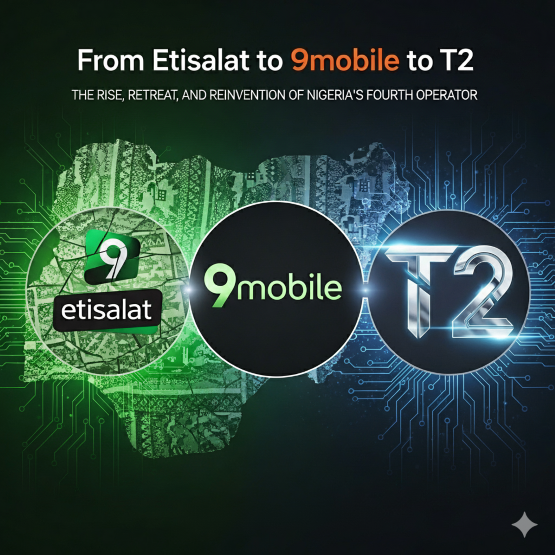Chavez Jr.'s Legal Nightmare: Deportation, Trial, and Release Amid Cartel Allegations
Mexican boxer Julio César Chávez Jr., son of the legendary Julio César Chávez, was deported to Mexico on August 19, 2025, following his arrest in the United States. His arrest on July 3, days after a high-profile fight with Jake Paul in California, stemmed from overstaying his visa and allegedly lying on a green card application. Upon his deportation, Chávez was immediately transferred to a prison outside of Hermosillo, in the northern state of Sonora, to face charges in Mexico. Mexican President Claudia Sheinbaum publicly confirmed his deportation, stating that authorities had been informed of his arrival.
Chávez, 39, had been sought by Mexican authorities since 2023, though he largely remained in the U.S., which prevented his detention until his deportation. He faced a warrant in Mexico for alleged arms and drug trafficking, as well as ties to the notorious Sinaloa Cartel. Mexico's Attorney General, Alejandro Gertz Manero, confirmed that the investigation into Chávez began in 2019, initiated after a complaint filed by U.S. authorities against the Sinaloa Cartel for organized crime, human trafficking, arms trafficking, and drug trafficking. This broader investigation also implicated 13 other individuals, including Ovidio Guzman Lopez, son of convicted drug lord Joaquín “El Chapo” Guzman, who was arrested in January 2023 and extradited to the United States eight months later.
Less than a week after his deportation, on August 24, a Mexican judge in Hermosillo ruled that Chávez Jr. would stand trial for the accusations of cartel ties but would not be required to remain in custody while awaiting the trial. This decision came after nearly a month and a half of detention since his initial U.S. arrest. The judge imposed a strict condition prohibiting Chávez from leaving Mexico and granted a three-month period for further investigation into the case. Rubén Fernando Benítez Alvarez, Chávez's lawyer, has vehemently dismissed the claims against his client as mere “speculation” and “urban legends.”
Julio César Chávez Jr.'s life and career have been frequently overshadowed by scandals and his father's immense legacy. His father, a celebrated figure in the 1980s and 1990s, was known to associate with dealers and claimed friendship with drug lord Amado Carrillo Fuentes, though he defended his son after the arrest. The younger Chávez has openly struggled with addiction throughout his boxing career, leading to multiple failed drug tests, suspensions, and criticism for his lack of dedication, often missing weight for fights. Despite these challenges, he achieved significant success, winning the WBC middleweight title in 2011 and defending it three times, also sharing the ring with boxing greats like Canelo Álvarez and Sergio Martinez, though he lost to both.
His legal troubles extend beyond the current cartel allegations. In 2012, Chávez Jr. was convicted of drunken driving in Los Angeles, resulting in a 13-day jail sentence. More recently, in January 2024, he was arrested on gun charges for possessing two AR-style ghost rifles. He was subsequently released on a $50,000 bond, contingent on his attendance at a residential drug treatment facility, a case that remains pending with Chávez regularly reporting his progress. This high-profile case has also drawn attention amidst broader political pressure from the Trump administration on Mexico to intensify its crackdown on organized crime, including canceling visas for notable Mexican artists and celebrities and increasing deportations.
Recommended Articles
Boxing Legend Julio Cesar Chavez Jr. Embroiled in Cartel Tie Allegations and Legal Drama

Mexican boxer Julio César Chávez Jr. has been deported from the U.S. to Mexico following his arrest for visa violations,...
Boxing Legend's Legal Nightmare: Julio Cesar Chavez Jr. Facing Trial and Deportation!

Mexican boxer Julio César Chávez Jr. has been deported from the U.S. and subsequently released from prison in Mexico, wh...
Chavez Jr. Legal Turmoil: From Prison Release to Cartel Trial Over Alleged Ties

Mexican boxer Julio César Chávez Jr. has been deported from the U.S. and released from a Mexican prison, facing trial fo...
Boxing Blockbuster: Jake Paul and Gervonta Davis Set for November Showdown

In a surprising announcement, Jake Paul is set to face WBA lightweight champion Gervonta "Tank" Davis in an exhibition b...
Blockbuster Showdown: Jake Paul vs. Gervonta Davis Set for November 14!

Boxing sensations Jake Paul and Gervonta "Tank" Davis are set to clash on November 14 in an unexpected exhibition bout s...
You may also like...
The Forgotten Isles of the Red Sea: Eritrea’s Dahlak Archipelago

To call the Dahlak Archipelago a point of contention is an understatement. From international interest in its strategic ...
From Etisalat to 9mobile to T2: The Rise, Retreat, and Reinvention of Nigeria’s Fourth Operator

From a meteoric rise to a challenging retreat, Etisalat Nigeria’s evolution into T2 tells a story of resilience, wins, a...
Boxing Blockbuster: Jake Paul and Gervonta Davis Set for November Showdown

In a surprising announcement, Jake Paul is set to face WBA lightweight champion Gervonta "Tank" Davis in an exhibition b...
Carabao Cup Shocker: Grimsby Stuns Man Utd in Penalty Thriller

Manchester United suffered a shocking Carabao Cup exit after losing 12-11 on penalties to League Two side Grimsby Town. ...
Venice Stunner: Paolo Sorrentino's 'La Grazia' Captivates Critics with Record-Breaking Ovation!

Paolo Sorrentino's new film “La Grazia” opened the Venice Film Festival to critical acclaim, presenting a nuanced portra...
The Hunt for 007: Frontrunners Out, Legends Back, New Details Emerge in Bond Saga!

The search for the next James Bond intensifies as actors like Taron Egerton and Glen Powell rule themselves out, while M...
Reading and Leeds Festival Plunged Into Chaos by Secret Set Leaks and Star's Last-Minute Snub

Reading and Leeds Festival 2025 is buzzing with fan speculation about secret sets from The Foo Fighters and Chase & Stat...
Naira Marley Breaks Silence on Mohbad's Death Amid Mounting Controversy

Musician Naira Marley has publicly addressed the controversial death of his former signee, Mohbad, sharing his side of t...